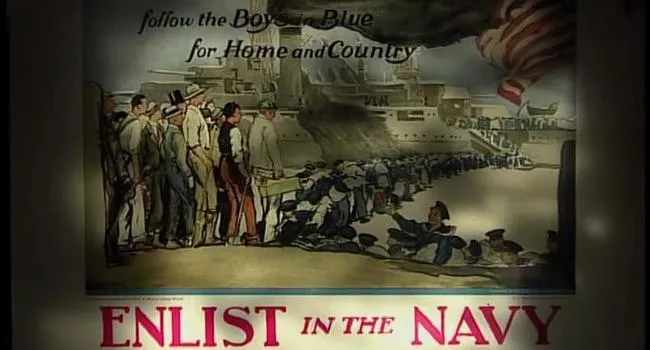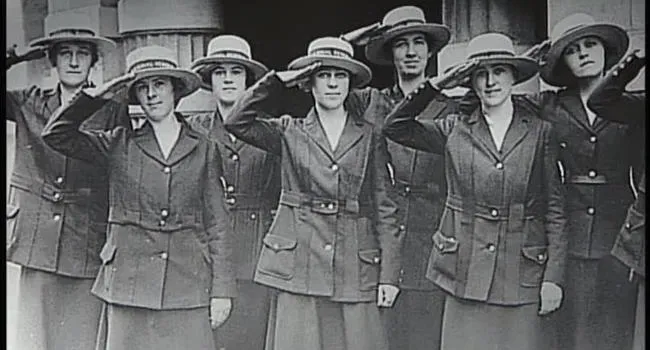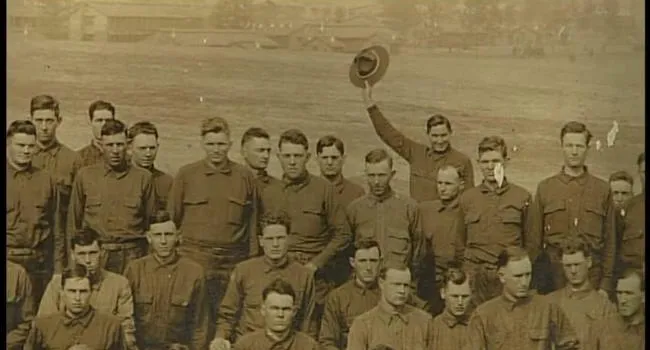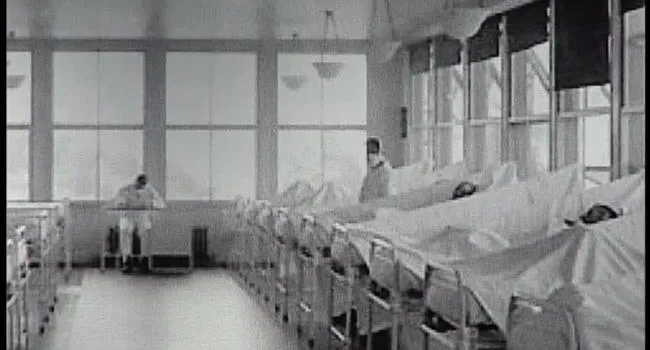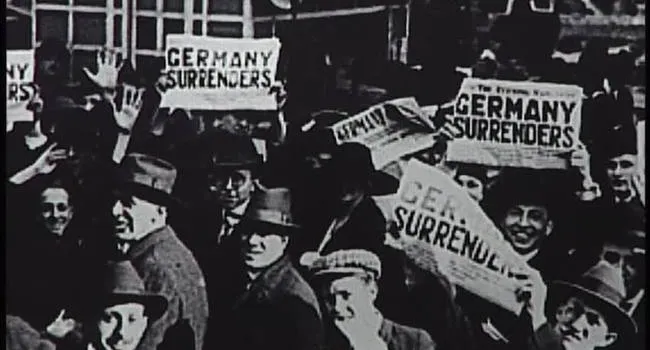In comparison to other wars, particularly in South Carolina, on a scale of remembrance, probably World War II is right up there at the top. Civil War would be next, but World War I may be a forgotten war. Originally, South Carolinians wanted to stay out.
While Europeans began fighting the Great War in 1914, the people in South Carolina were still healing wounds from an earlier battle. South Carolinians, economically, were in a sad state as a result of the Civil War. In early 1917, on the eve of America's entry into World War I, South Carolina was more rural than urban, with many people living on farms and relying on horses for transportation. The textile industry was growing, but farm labor, including picking cotton, was still done by hand. Jim Crow laws meant South Carolina was strictly segregated. For African Americans and whites, poverty was widespread, education was limited, and poor health, common. With their own problems at home, South Carolinians showed little interest in fighting a war across the Atlantic, but by spring of 1917, that attitude was changing.
The slogan, "He kept us out of the war," was how President Woodrow Wilson had won reelection. By late winter 1916, Wilson's determination to find a peaceful solution was no longer enough. In March, the Germans sank three U.S. ships, and on April 2, 1917, Wilson urged Congress to keep the world safe for democracy.
On April 6th, America declared war. In South Carolina, Governor Richard Manning supported Wilson.

